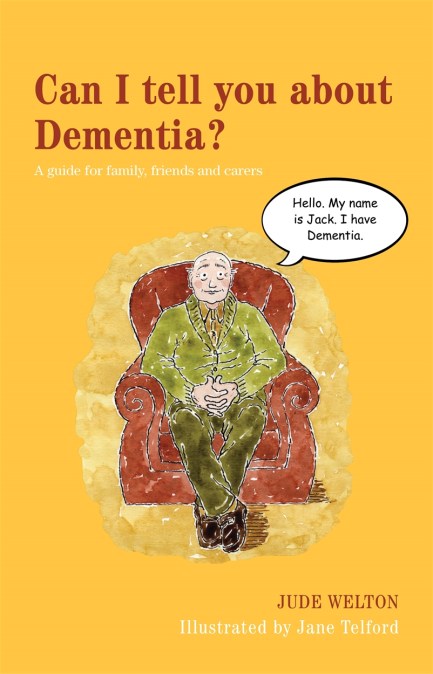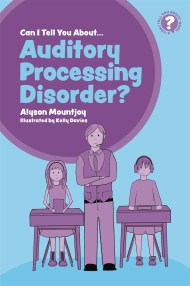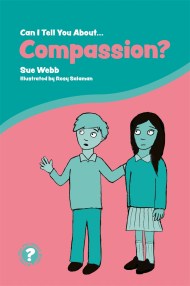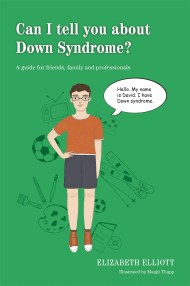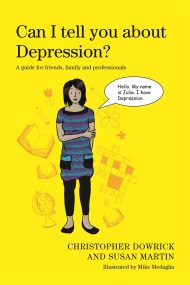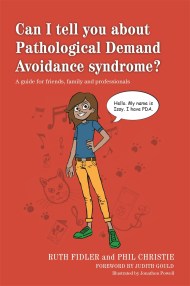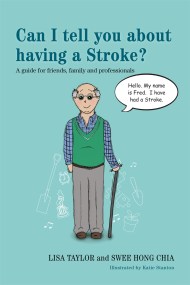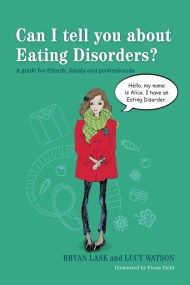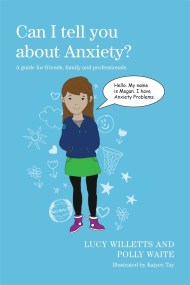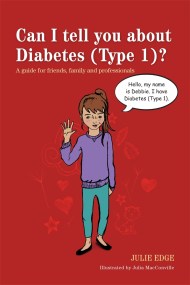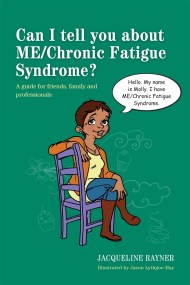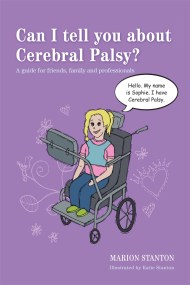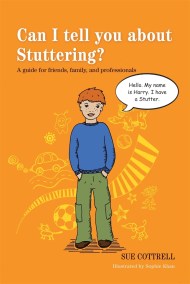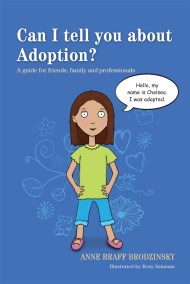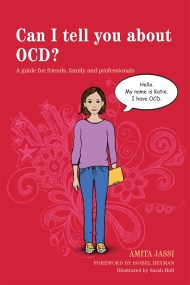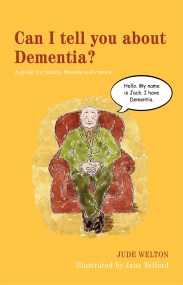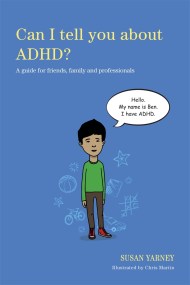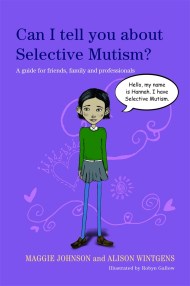Meet Jack – an older man with dementia. Jack invites readers to learn about dementia from his perspective, helping them to understand the challenges faced by someone with dementia and the changes it causes to memory, communication and behaviour. He also gives advice on how to help someone with dementia stay as mentally and physically active as possible, keep safe and continue to feel cared for and valued.
With illustrations throughout, this useful book will be an ideal introduction to dementia for anyone from child to adult. It will also guide family, friends and carers in understanding and explaining the condition and could serve as an excellent starting point for family and classroom discussions.
With illustrations throughout, this useful book will be an ideal introduction to dementia for anyone from child to adult. It will also guide family, friends and carers in understanding and explaining the condition and could serve as an excellent starting point for family and classroom discussions.
Newsletter Signup
By clicking ‘Sign Up,’ I acknowledge that I have read and agree to Hachette Book Group’s Privacy Policy and Terms of Use
Reviews
[...] a fresh approach to understanding dementia. In 48 pages, it provides an excellent insight into what it is like to live with dementia... The first-person perspective is a useful device for making information personal and particular... A few informative pages at the end of the book give an overview of the types of dementia, facts and figures, dementia-friendly environments and a brief list of resources for those affected by dementia.
I found these books (Can I tell you about OCD? And Can I tell you about Dementia?) easy to read and informative making them and extremely useful and valuable addition to any school library, and they definitely fill a gap in the market.
While this book is relevant for all family members, it will certainly be of significance to children who are living with or who are close to someone with dementia. It is written in a style as understandable for children as for adults, and the information is detailed and compassionate.
Clearly written and well illustrated, this entertaining story gives a good sense of what living with dementia can be like. It is a welcome introduction to anyone (including children aged 13 and upwards) wanting to understand more about living with dementia.
The progressive loss of a loved one's "soul" to dementia can be truly devastating. However, this very helpful guide provides a shining light in the darkness and should be essential reading to anyone who is dealing with a loved one with dementia.
